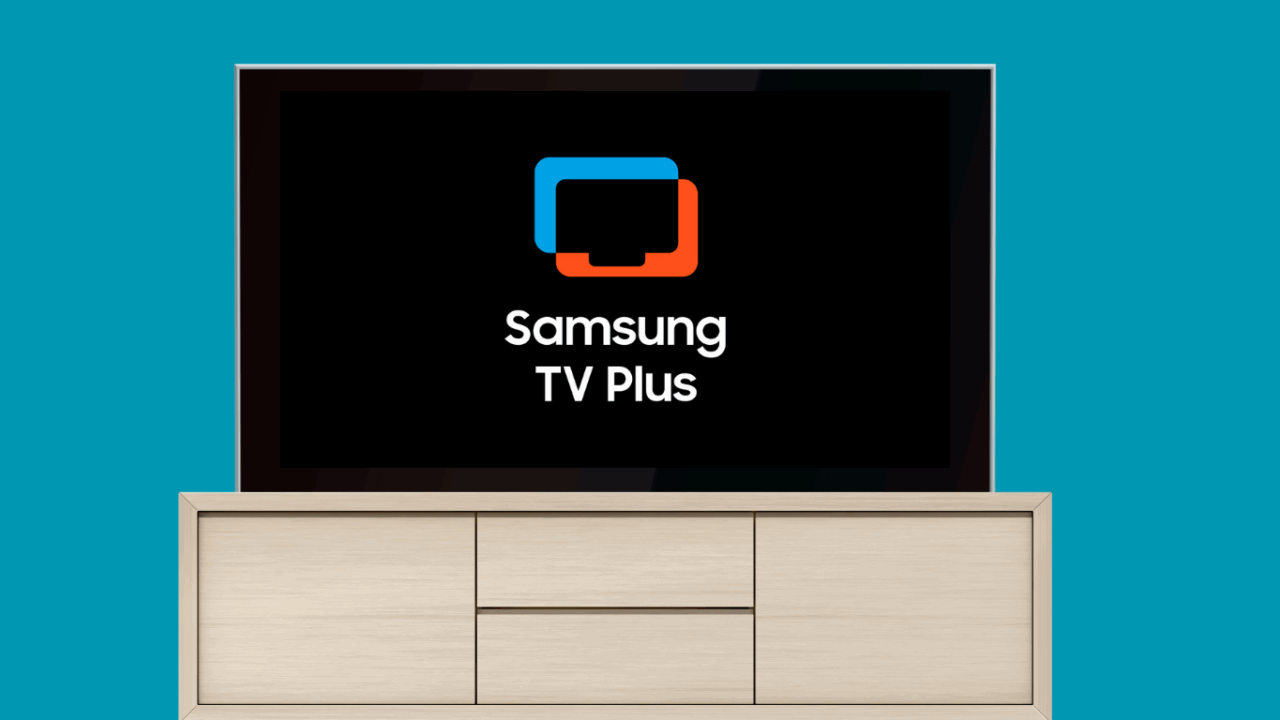Election Season Puts Influencers’ Brand Deals at Risk

This is the first year that content creators and influencers have expressed their thoughts about the election season to this scale, and we are still in the middle of it. Although they are doing so openly and freely, their brand partners are watching what they are saying, how they cover the election, and which side they support.
Influencers are now gaining access to political conventions as campaigns actively court young voters. Approximately 70 content creators secured invitations to participate in the Republican National Convention in Milwaukee, Wisconsin, last month, as confirmed by RNC officials. Additionally, the DNC reported that around 200 social media influencers were credentialed for the convention, granting them exclusive access to invite-only parties and events, along with opportunities to meet and interview delegates.
Vice President Kamala Harris created a TikTok account on July 25 and accrued some 4.2 million followers in under two weeks. She’s following six accounts but has her settings such that we can’t see who they are. Trump, despite that 2020 pledge to ban the app, joined the platform in early June and gained more than 9 million followers in about two months. In between this, brands are starting to show their allegiance on what political party matters to them in regards to creator brand opportunities.
The Risks of Political Engagement: Influencers Face Brand Backlash
On X, a creator named DeAndre Brown has 47,000 followers, and he tweeted that he was turned down from a major brand deal. This is due to Brown publishing a photo of him and Kamala Harris on the platform. The brand saw this and notified him that they are not moving forward with the brand deal. A request for comment for this story was not answered by Brown and his talent agency.
With that, Influencers face the challenge of having their personal or political views restricted by contracts during significant national events like elections, limiting their ability to engage with such topics.
A creator who wishes to remain anonymous attended the Republican National Convention on July 16 as he has a following of 65,000 on TikTok and X. After seeing his livestream at the convention when he was filming Donald Trump, a DTC snack brand informed him who already had a brand deal with them that they were terminating his contract the day of the convention. Although this creator did not disclose the amount of the deal, he stated that his contract with the brand has not been renewed.
“I was over there and then I got a text from the owner telling me that the contract is going to be suspended because of the side I took,” he said. “I did not think I would lose a source of income in just a second over it because there are people like Logan Paul who is clearly aligned with the republican side and has lawsuits but yet, he is still getting brand deals.”
This creator said the DTC brand was not aware of which political side he was supporting at the time.
Navigating Contract Restrictions: The Challenge for Influencers in Election Season
Eric Dahan, founder and CEO of Mighty Joy, emphasizes the importance of conducting a thorough check of an influencer’s social accounts for past political content before entering a partnership. If they have a history of such posts, it’s important to communicate clear guidelines prohibiting political content during the campaign. He advises making payment contingent on compliance and ensuring the right to enforce immediate content takedowns if necessary.
“Most commercially minded creators are already sensitive to brands’ concerns around political content,” he said. “It might sound trivial, but the biggest challenge is creators remembering the terms of the various deals they’ve signed when posting.”
Johanna Voss, the Founder and Talent Manager for Diverse Influencers, has frequently encountered brand partnerships and briefs that restrict influencers from discussing politics or sensitive topics within a specified time frame, typically 3-5 days before and after sponsored content goes live. However, in 2024, for the first time, she has seen influencers involved in campaigns that last for months before and after the election, with strict prohibitions on any political commentary throughout the entire campaign term.
“It’s often hard to find a middle ground between the restrictions the brands want vs allowing the Influencer to be true to their platform,” said Voss.
Influencers who violate agreements are remembered by talent agencies and campaign casting directors, even if they’re not formally documented. In order to protect the reputation of brands, they are cautious about hiring non-compliant influencers. Whenever such occurrences occur, they can spread, causing influencers to be excluded from future campaigns. Influencers’ careers can be negatively affected by a breach of trust and reliability in brand partnerships.
Johanna Voss and Eric Dahan noted that brands can take action against influencers who violate political content restrictions, primarily by withholding payment and not engaging them in future collaborations. However, this is only possible if outlined in the agreement and brief. While some creators have been fired for violating these terms, the broader impact on their future opportunities with that brand or agency is uncertain, though it could potentially affect their chances in non-adjacent campaigns as well.
“It’s often hard to find a middle ground between the restrictions the brands want vs allowing the Influencer to be true to their platform,” said Voss.





